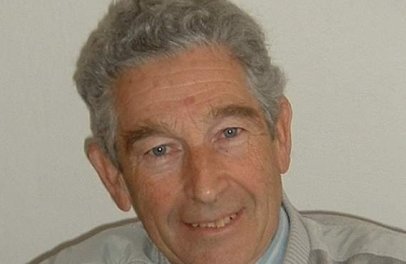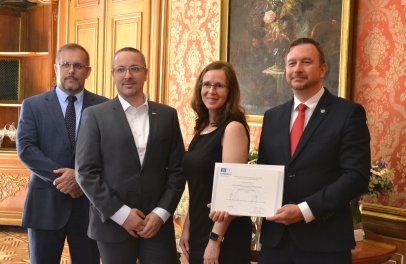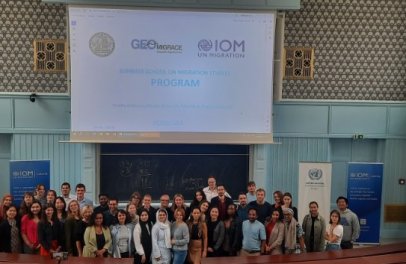
Tomáš Kalina, a personality of Czech phycology, passed away
Published: Friday 4.7.2025
It is with deep sorrow that we announce the passing of Tomáš Kalina, our esteemed colleague and dear friend. Tomáš served as the head of the Phycology Research Group in Prague, where he devoted his life to the study of algae and inspired generations of students and researchers.



























